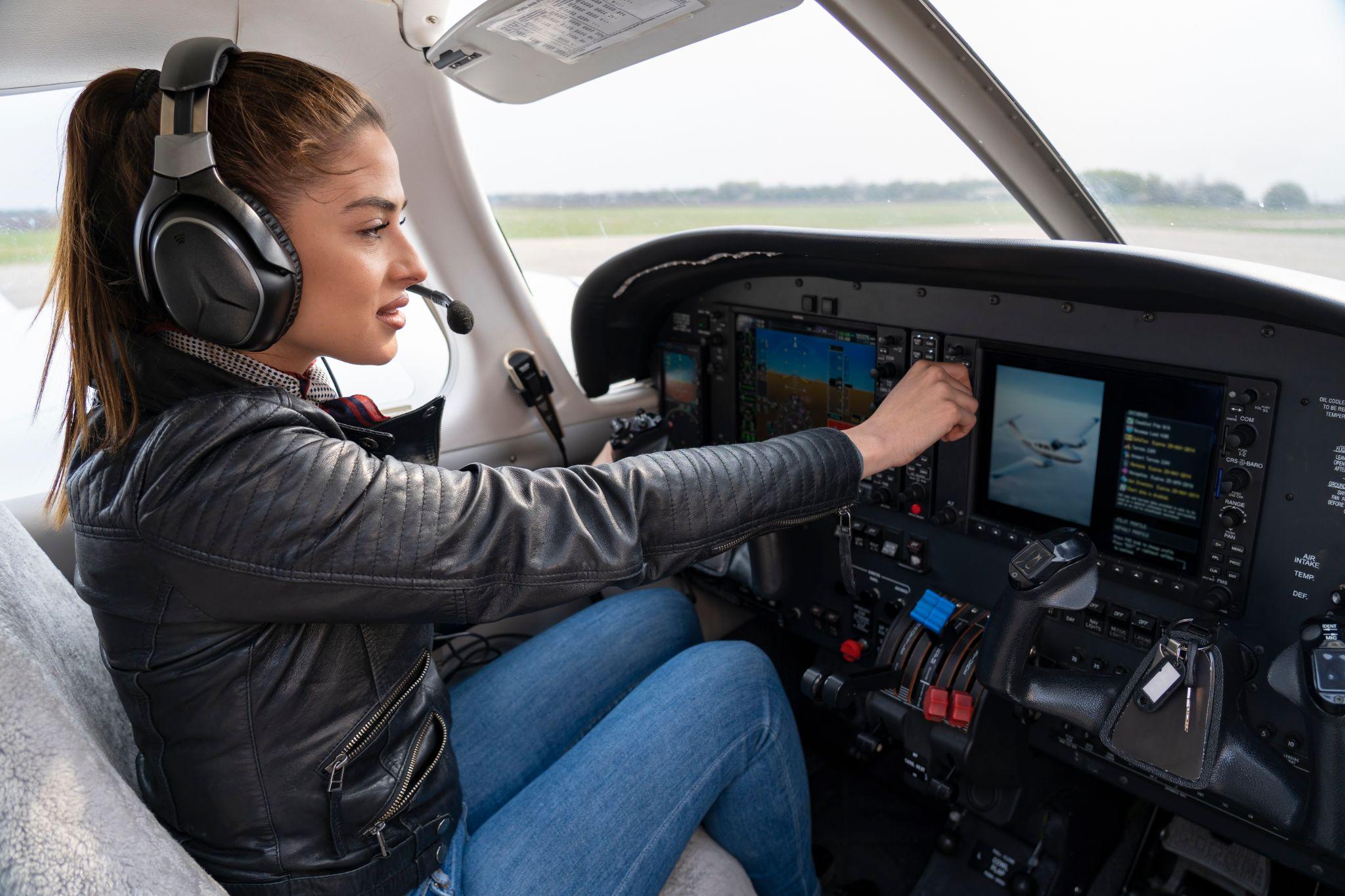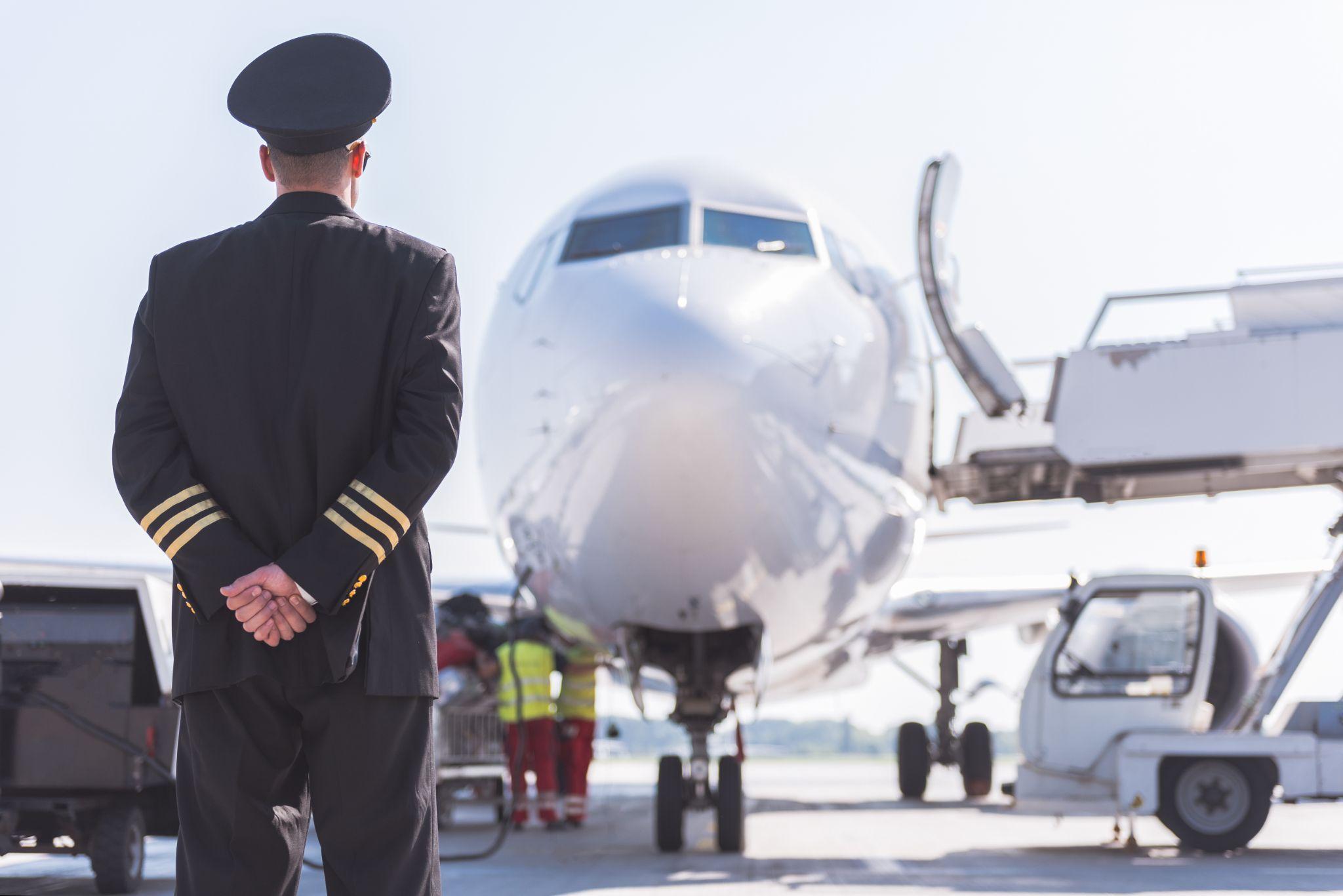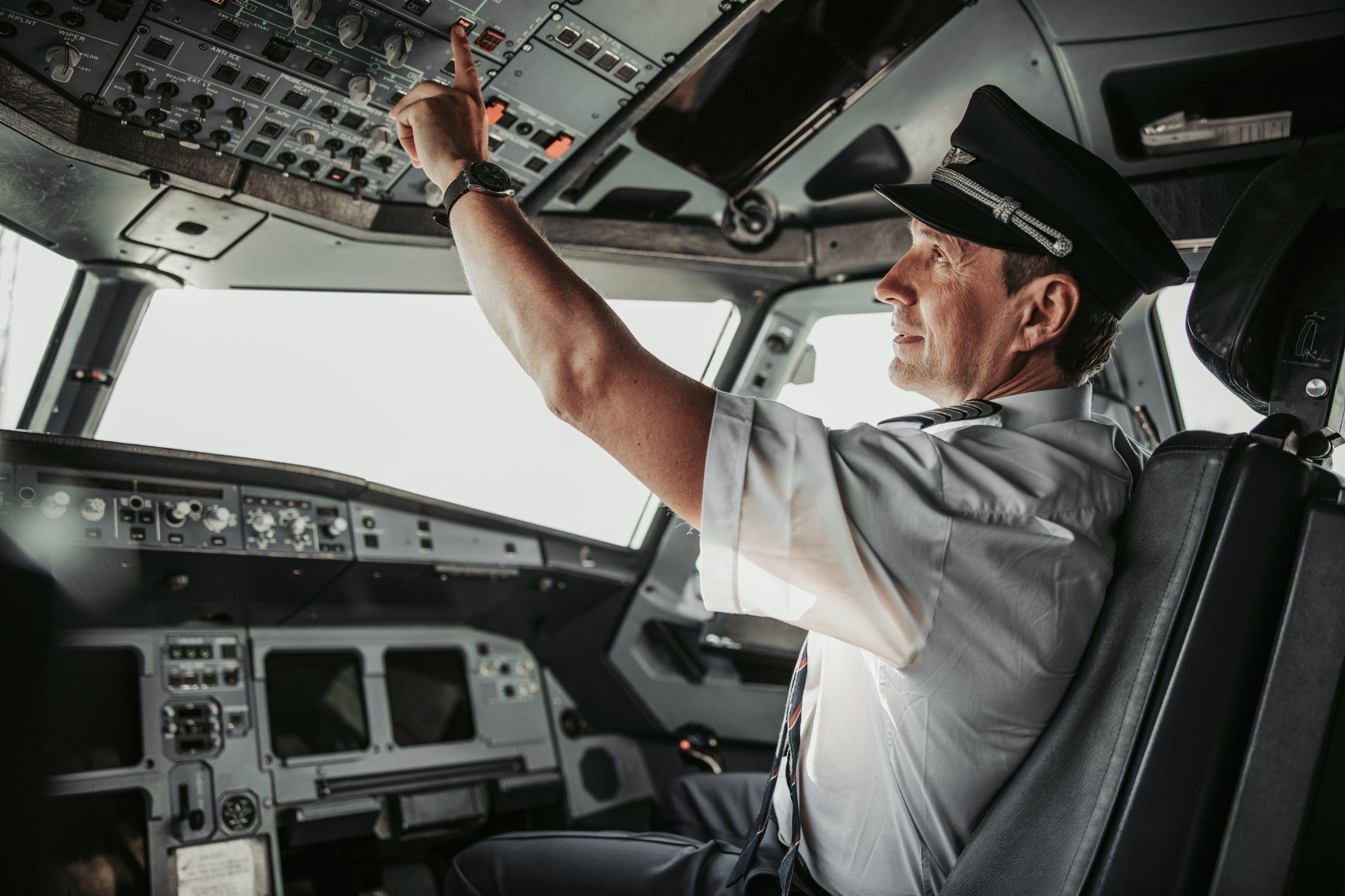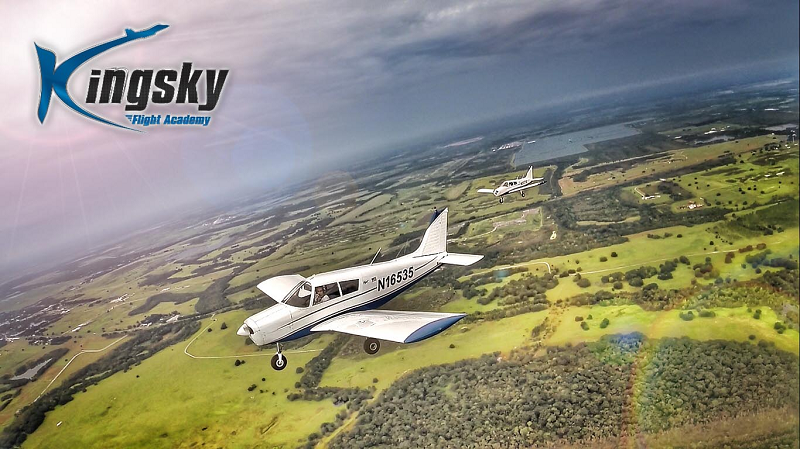As a pilot, what physical requirements will you need to meet to receive a private pilot or commercial pilot certificate? The answer will depend on what kind of pilot you want to become.
There are three classes of medical certificates that the FAA requires for pilots based on whether they are a private pilot, a commercial pilot, or an airline pilot. Let’s dig into the details of the FAA medical exam and what the requirements are for each type of pilot.
Private Pilot Physical Requirements

Most people in good health can become a recreational or private pilot, with good flight training and the required hours of flight time. You will need a flight physical to get started. To be a licensed private pilot you will need a Class 3 Medical certificate. This is the least rigorous medical requirement, and includes:1
- Vision of at least 20/40 in each eye, with or without corrective lenses
- Hearing well enough in both ears to follow a conversational voice at six feet away
- Blood pressure no higher than 155/95
- No medical conditions that may cause dizziness, issues with speaking, or problems with balance
Commercial Pilot Physical Requirements

In order to become a commercial pilot, you will need to obtain a Class 2 Medical Certificate from an aviation medical examiner who reports the results to the FAA. The physical examination is a little more rigorous because commercial pilots often fly paying passengers and cargo. The requirements for commercial pilots include:
- 20/20 distant vision in each eye, with or without corrective lenses
- At least 20/40 intermediate and near vision, with or without corrective lenses
- The ability to hear a conversational voice at six feet away, tested in both ears
- Blood pressure no higher than 155/95
- No medical conditions that cause vertigo, loss of equilibrium, or speech problems
Airline Pilot Physical Requirements

To obtain an ATP or Airline Transport Pilot license from the FAA, you will need a Class 1 Medical Certificate. The physical requirements to become a pilot are more exacting at this level. Airline pilots fly scheduled cargo or passenger flights and are held to the highest physical standards to protect public safety.
A Class 1 Medical Certificate will require:
- 20/20 distance vision, with or without corrective lenses
- Those age 50 or older may have 20/40 intermediate range vision
- Near vision of 20/40 in each eye, with or without corrective lenses
- The ability to hear conversational voices at six feet of distance, in both ears
- Blood pressure no higher than 155/95
- No medical conditions that cause speech problems, dizziness, or balance issues
Medical Conditions That May Disqualify You from Becoming a Pilot
According to the FAA, the medical examiner must deny or defer your certification if you have one of these conditions:1
- Diabetes requiring insulin injections
- Epilepsy or seizure disorder
- Coronary heart disease, a history of heart attacks, heart replacement, cardiac valve replacement, or requiring a pacemaker
- A serious mental health disorder including psychosis, bipolar disorder, or any personality disorder that might manifest in dangerous actions
- Untreated substance use disorders or substance dependence
- Neurological diseases or symptoms that cause loss of consciousness or motor control
The FAA may choose to grant licenses to those with physical disabilities or make exceptions to the list of disqualifiers on a case by case basis. Pilot licenses issued under exceptions or accommodations may include operating limitations on flight distance, time of day, or solo flights, but will still allow these pilots to fly.2
Physical Characteristics That Won’t Stop You from Becoming a Pilot
There are many myths about other qualifications for pilots, but, in fact, these factors should not stand in the way of your dreams of becoming a pilot:
- There are short and tall professional pilots who might need aircraft modifications to ensure they can reach and operate the controls safely.
- While there are BMI guidelines that are considered part of your general health, there is no specific minimum or maximum weight required to become a pilot.
Do You Qualify to Become a Pilot?

Chances are good that you can obtain a pilot’s license and learn to fly solo. If you’d like to know more and consider enrolling in private, commercial, or airline flight training, contact Kingsky Flight Academy today. Our professional flight instructors have all the answers to help you get started as a student pilot and reach the skies sooner than you think!
Sources:
